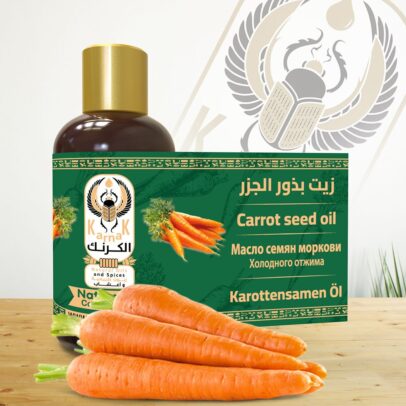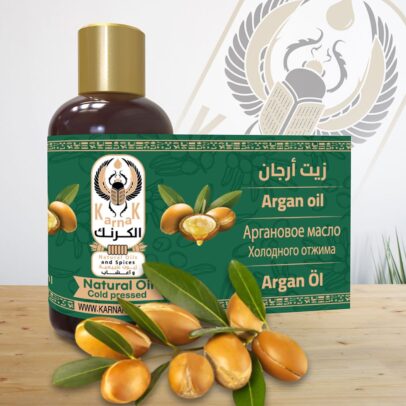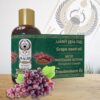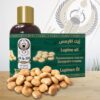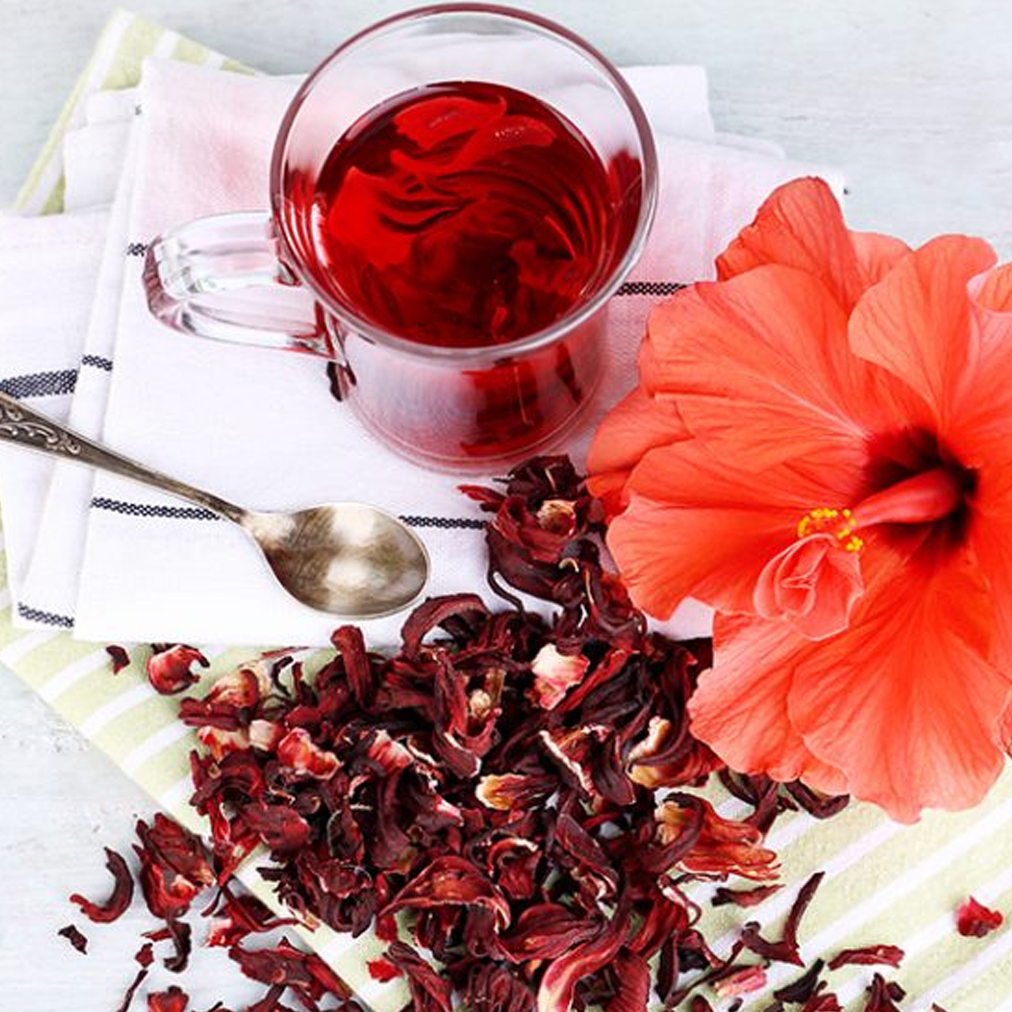Get 25% discount on your first order!

Hibiscus Tea
Featured
Hibiscus Tea
- Scientific Name: Hibiscus sabdariffa
- Synonyms: : karkade, red tea, red sorrel, Jamaica sorrel, rosella, soborodo (Zobo drink), Karkadi, roselle, and sour tea.
- Parts used: flowers
- Purity: 100%
- Main active ingredients : eugenol, , vitamin C,B1, B2,and β-carotene. Minerals like calcium, Magnesium, Zink, Potassium, Iron, and Sodium.
- Main uses: Antioxidant, lower blood pressure, Lower Blood Fat Levels, Boost Liver Health, Promote Weight Loss, Help Prevent Cancer, Fight Bacteria and Flavorful and Easy to Make.
Weight
Choose an option
Add to cart
Buy Now
Egyptian hibiscus plantations are mainly found in the Upper Egypt regions of Qena and Aswan and in the oasis of Fayoum.
Karkade tea, or hibiscus tea is highly prized, it is recognizable for its deep red color and cranberry-like taste, and it has a beautiful strong odor, it is said to have originated in Egypt and has been argued to be the preferred drink of the ancient Pharaohs. It is even mentioned in the ancient medical document the Ebers Papyrus (1550 BC) for its medicinal properties. It is called “drink of the pharaohs”.
The flowers, called chalices, are edible and used for the production of jam, jelly and especially refreshing drinks. They have an attractive red color and a slightly tart taste.
The red color is due to the richness of the chalices in anthocyanins which would present several medicinal and nutritional interests in particular for reducing blood pressure.
However, as a herbal tea Karkade is an infusion made from the calyces (casing around the seed pod) of the Hibiscus Sabdariffa flower and is both served hot and cold, and often sweetened with sugar or honey.
Active ingredients :
Two simple phenolic compounds (protocatechuic acid [PCA] and eugenol), flavonoid-type polyphenol compounds (3-glucoside anthocyanins, anthocyanidins; flavonol quercetin), organic acids and their derivatives, vitamin C (ascorbic acid), B1 (thiamin), and B2 (riboflavin), and β-carotene. Minerals like calcium, Magnesium, Zink, Potassium, Iron, and Sodium.
Benefits:
1. Packed With Antioxidants
Antioxidants are molecules that help fight compounds called free radicals, which cause damage to your cells.
Hibiscus tea is rich in powerful antioxidants and may therefore help prevent damage and disease caused by the buildup of free radicals.
In one study in rats, hibiscus extract increased the number of antioxidant enzymes and reduced the harmful effects of free radicals by up to 92%.
2. Lower Blood Pressure
One of the most impressive and well-known benefits of hibiscus tea is that it may lower blood pressure.
Several studies have found that hibiscus tea may lower both systolic and diastolic blood pressure.
Hibiscus sabdariffa antihypertensive potentials originate from the vasodilator activity, diuretic efficacy, functionality as an ACE inhibitor, adipocyte differentiation inhibitor, heart rate reduction ability, and anti-inflammatory mechanistic.
While hibiscus tea may be a safe and natural way to help lower blood pressure, it is not recommended for those taking hydrochlorothiazide, a type of diuretic used to treat high blood pressure, as it may interact with the drug.
3. Lower Blood Fat Levels
In addition to lowering blood pressure, some studies have found that hibiscus tea may help lower blood fat levels, which are another risk factor for heart disease.
Some studies have shown that hibiscus tea may increase good HDL cholesterol and decrease total blood cholesterol, bad LDL cholesterol and triglycerides in those with diabetes and metabolic syndrome.
4. Boost Liver Health
From producing proteins to secreting bile to breaking down fat, your liver is essential to your overall health.
Interestingly, studies have shown that hibiscus may promote liver health and help keep it working efficiently.
Hibiscus extract improve liver steatosis. This condition is characterized by the accumulation of fat in the liver, so hibiscus may protect from liver failure.
Hibiscus extract may benefit liver health by increasing drug-detoxifying enzymes and reducing liver damage and fatty liver.
5. Promote Weight Loss
Several studies suggest that hibiscus tea may be associated with weight loss and protect against obesity.
One study gave 36 overweight participants either hibiscus extract or a placebo. After 12 weeks, hibiscus extract reduced body weight, body fat, body mass index and hip-to-waist ratio.
6. Help Prevent Cancer
Hibiscus is high in polyphenols, which are compounds that have been shown to possess powerful anti-cancer properties.
Test-tube studies have found that hibiscus extract reduces the growth and spread of plasma, mouth, prostate and stomach cancer cells. Human studies are needed to evaluate the effect of hibiscus tea.
7. Fight Bacteria
Bacteria are single-celled microorganisms that can cause a variety of infections, ranging from bronchitis to pneumonia to urinary tract infections.
In addition to having antioxidant and anticancer properties, some studies have found that hibiscus could help fight bacterial infections.
One study found that hibiscus extract inhibited the activity of E. coli, a strain of bacteria that can cause symptoms like cramping, gas and diarrhea.
8. Flavorful and Easy to Make
Hibiscus tea is delicious and easy to prepare at home.
Simply add dried hibiscus flowers to a teapot and pour boiling water over them. Let it steep for five minutes, then strain, sweeten it if desired and enjoy.
Hibiscus tea can be consumed hot or cold and has a tart taste similar to that of cranberries.
For this reason, it is often sweetened with honey or flavored with a squeeze of lime juice to balance the tartness.
Hibiscus tea is also available in pre-made tea bags, which can simply be steeped in hot water, removed and enjoyed.
Warning:
it is not recommended for those taking hydrochlorothiazide, a type of diuretic used to treat high blood pressure, as it may interact with the drug. And also for those taking acetaminophen
According to other sources, hibiscus consumption is not safe for people who take chloroquine, a medication for malaria. Hibiscus may decrease how well the medicine works in the body.
People with diabetes or on high blood pressure medications should monitor their blood sugar and blood pressure levels when consuming hibiscus. This is because it may decrease blood sugar or blood pressure levels.
Pregnant or breastfeeding women should not drink hibiscus tea.
Related products
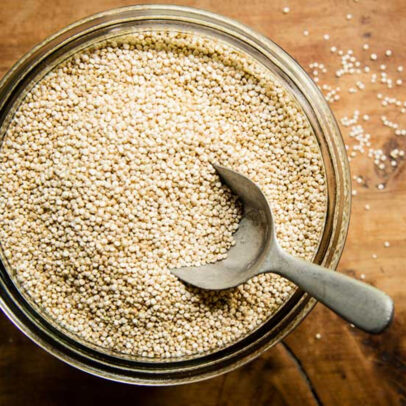
Select options
This product has multiple variants. The options may be chosen on the product page
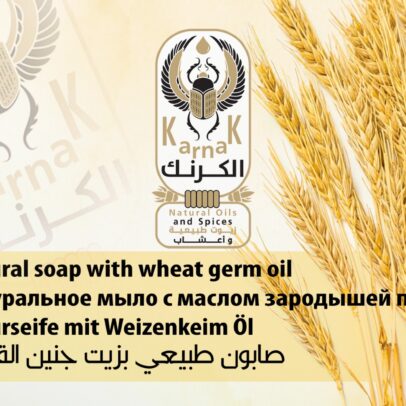
Select options
This product has multiple variants. The options may be chosen on the product page
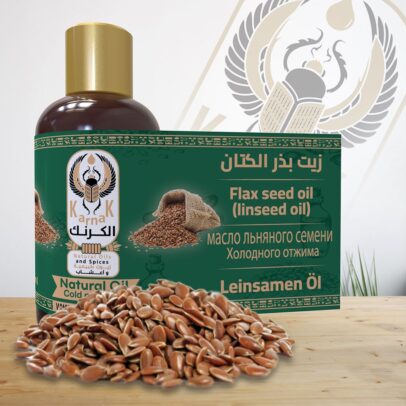
Select options
This product has multiple variants. The options may be chosen on the product page
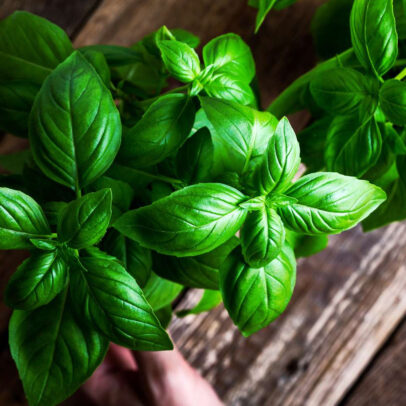
Select options
This product has multiple variants. The options may be chosen on the product page
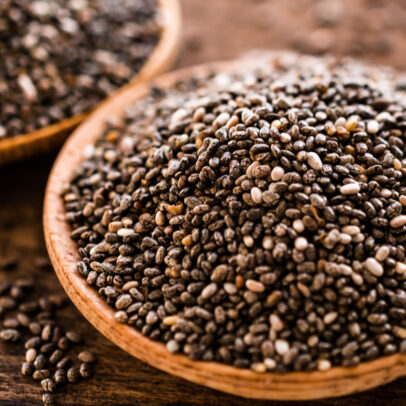
Select options
This product has multiple variants. The options may be chosen on the product page
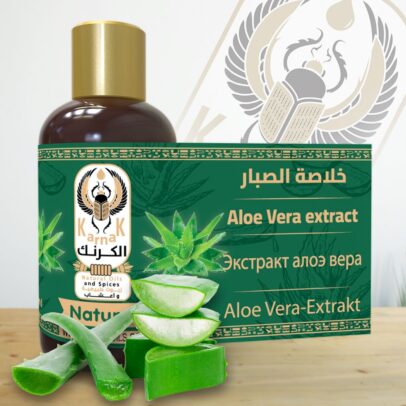
Select options
This product has multiple variants. The options may be chosen on the product page
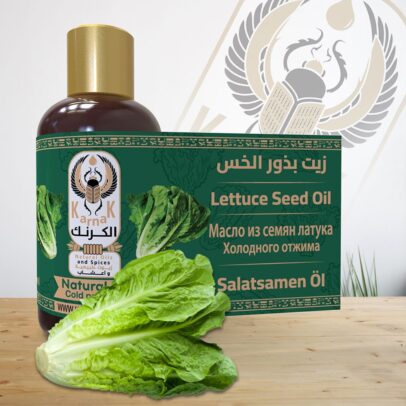
Select options
This product has multiple variants. The options may be chosen on the product page
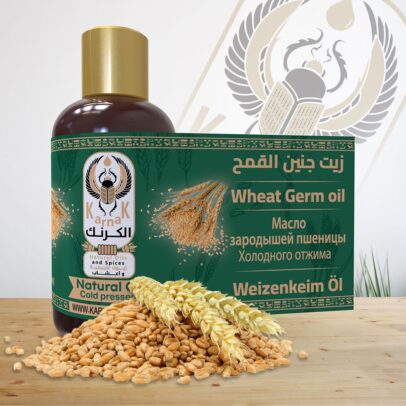
Select options
This product has multiple variants. The options may be chosen on the product page


